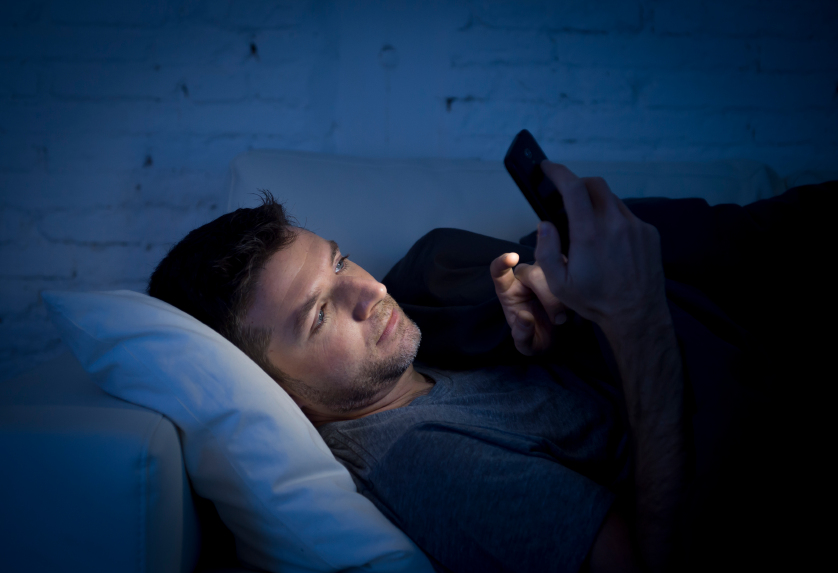Like to read before you go to sleep? Then stick with the old fashioned printed book over an e-reader.
A Harvard Medical School study found that using a tablet e-reader not only affects how long it takes you to fall asleep, but leads to poor-quality sleep that costs you alertness the next morning.1
The researchers had healthy young adults read for four hours on an iPad before bedtime on five straight nights. Then for five straight days they read a print book. For some, the researchers reversed the order.
When participants read the e-book devices, it consistently wrecked their sleep. They reported feeling drowsy the next day.2
They took almost 10 minutes longer to fall asleep. And they felt less sleepy one hour before bedtime than when they read a printed book.
Scientist found the use of the e-readers suppressed levels of melatonin. This is a sleep-promoting hormone. Those using e-readers also had significantly less rapid eye movement (REM) during sleep. REM occurs during deep, restorative sleep.
The e-reader users complained that they took “hours longer to fully wake up” the next day and attain their normal level of alertness… Even if they had achieved a full eight hours of sleep.
The study was published in the journal Proceedings of the National Academy of Science.
The study participants used Apple iPad tablets. But researchers say other light-emitting devices have the same negative effects. These include Kindles and other e-readers, cellphones, and computers.
The Dark Side of Blue Light
This isn’t just a matter of being a bit groggy the next day. The researchers point out that chronic suppression of melatonin and sleep deficiency are linked to a myriad of health problems. They include heart disease, diabetes, obesity. Not to mention breast, colorectal, and prostate cancers.3
Dr. Charles Czeisler is director of the Division of Sleep Medicine at Harvard Medical School. “What we showed is that reading from light-emitting, e-reader devices has profound biological effects,” he said.41
It can be difficult to avoid using devices at bedtime. Perhaps you need to answer an email or text. If you must use electronics just before bed, there are ways to limit the damage:
- Use a blue light screen filter. Short wave-length (blue) light is what suppresses melatonin. You can buy a filter that covers the screen of your device. It will shield you from the sleep-destroying low-end of the spectrum. They are available online and at electronics stores.
- Use an anti-blue light app. They are available for both Apple and Android devices. These apps automatically reduce blue light from your device after the sun goes down. One of the most popular is called f.lux. You can download it here.
- Back off. Keep the screen at least 14 inches from your face.5
The best strategy? Keep light-emitting devices out of the bedroom entirely. That way you’ll be sure to get your best night’s sleep.
In Good Health,

Angela Salerno
Executive Director, INH Health Watch
Like this Article? Forward this article here or Share on Facebook.
References:
1http://www.theguardian.com/books/2014/dec/23/ebooks-affect-sleep-alertness-harvard-study
2http://www.huffingtonpost.com/2014/12/23/reading-before-bed_n_6372828.html
3http://www.pnas.org/content/112/4/1232.abstract
4https://www.washingtonpost.com/news/to-your-health/wp/2014/12/22/ipads-tablets-smartphones-disrupt-good-sleep-study-finds/
5http://thebrainflux.com/how-electronic-devices-affect-sleep/

